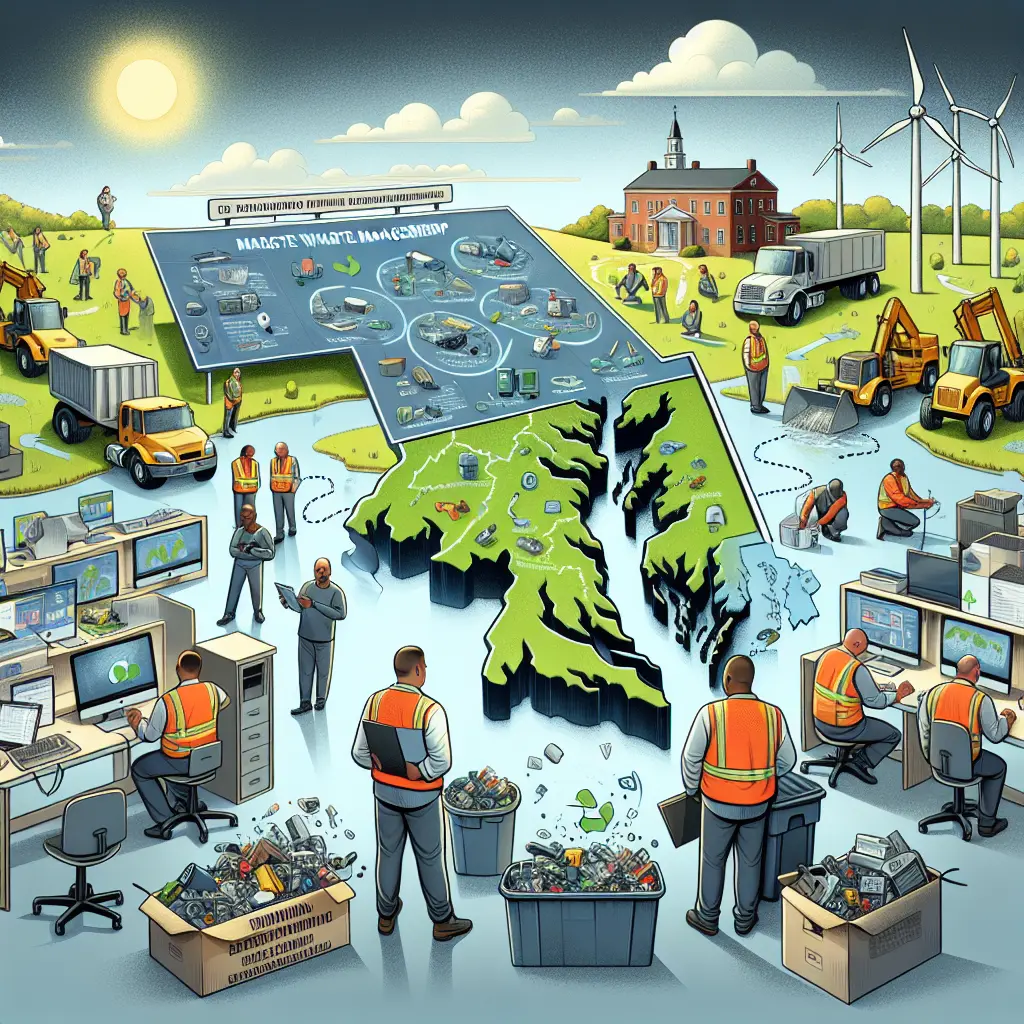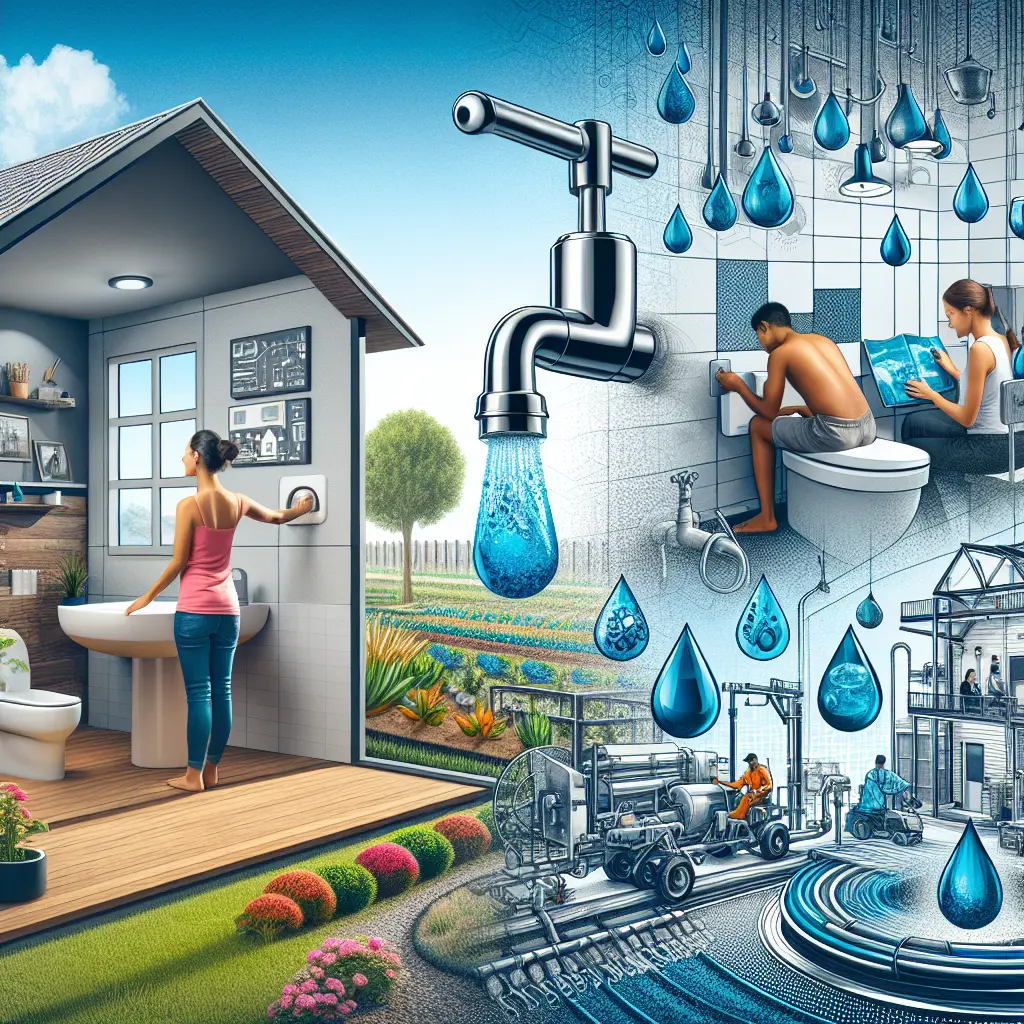In the heart of Vietnam, farmers are embracing innovative practices to ensure a sustainable future in agriculture.
When resources are limited and challenges abound, adaptability and innovation become crucial. This is the reality for many farmers in Vietnam, where the scarcity of veterinarians presents significant hurdles. However, as the saying goes, necessity is the mother of invention. Vietnamese farmers are now taking proactive steps to address these challenges, ensuring both the health of their livestock and the sustainability of their farming practices.
The Importance of Sustainable Farming Practices
Sustainability in farming is not just a buzzword; it's a necessity. With an ever-growing global population, the demand for food is increasing, putting pressure on agricultural systems worldwide. Ensuring sustainable practices helps maintain the health of the environment while supporting the economic viability of farmers. In Vietnam, where livestock farming is a significant part of the economy, sustainable practices are essential.
Embracing Change: Monitoring and Tracking
The Role of Technology in Sustainable Farming
One of the critical steps that Vietnamese farmers are taking is monitoring the use of antibiotics and tracking disease outbreaks. This practice helps in maintaining the health of livestock while preventing the overuse of antibiotics, which can lead to drug resistance.
Tracking Antibiotic Use: Farmers are being encouraged to meticulously record antibiotic use. This not only ensures that medications are used judiciously but also helps in monitoring the health trends within their herds.
Disease Monitoring: By keeping a close eye on disease patterns, farmers can quickly identify potential outbreaks and take preventive measures. This proactive approach minimizes losses and keeps livestock healthy.
Technology plays a vital role in enhancing sustainability. From data collection apps that help farmers keep track of health records to automated systems that monitor feed and water supply, technology is revolutionizing how farms operate.
Community Support and Education
Alongside technological advancements, community support and education are crucial. Local initiatives often focus on training farmers to implement these new practices effectively. Workshops and seminars provide valuable knowledge on sustainable farming techniques, emphasizing the long-term benefits for both the environment and farm productivity.
The story of Vietnamese farmers illustrates a broader global trend towards sustainable agriculture. By adopting practices such as antibiotic tracking and disease monitoring, these farmers not only safeguard their livelihoods but also contribute to a healthier planet.
As we continue to face global challenges related to food security and environmental sustainability, it is essential to support and learn from innovative practices like those in Vietnam. By working together, we can ensure a sustainable future for agriculture worldwide.
For more insights into this initiative, you can explore the article further at BBC News.
Stay green and keep farming sustainably!










Leave a Comment